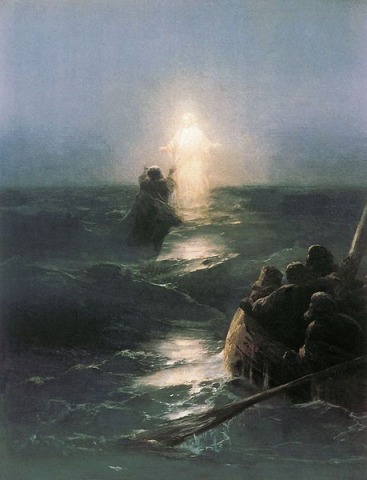And then there was the young man caught interviewed on video camera by a roving reporter after the Monica Lewinsky scandal broke during year five of the Clinton administration. Yes, I know that seems like the bronze age to at least half of you, faithful readers, but I’m still thinking about yesterday’s “bad man, good statesman” question.
Reporter (I'm quoting from memory): “Does the scandal affect your view of the president?”






